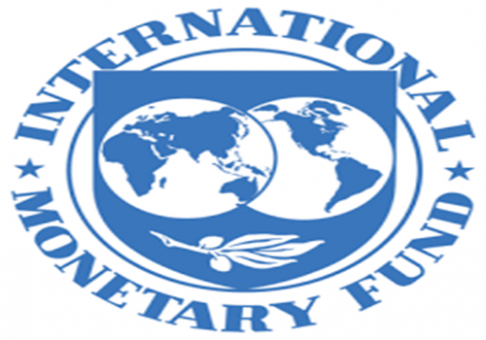The International Monetary Fund (IMF) has revised its global economic growth forecast downward, citing the impact of rising trade tensions, particularly new U.S. tariffs and retaliatory measures from other countries.
In its latest World Economic Outlook released at the ongoing IMF/World Bank Spring Meetings in Washington, the Fund now expects global growth to slow to 2.8% in 2025, down from its January forecast of 3.3%. For 2026, the projection is 3%, also lower than previously estimated.
Nigeria’s growth outlook was also adjusted, with its 2025 forecast reduced to 3%, slightly below the 3.2% forecast issued in October 2024.
The IMF attributed the downgrade largely to a surge in trade restrictions, noting that as of April 2, the U.S. had imposed broad tariffs at levels not seen in nearly a century—a move described as a “major negative shock” to global growth.
Pierre-Olivier Gourinchas, the IMF’s Chief Economist, warned that the global economic system is undergoing a significant reset. He pointed to weaker demand and lower oil prices, which could hit commodity exporters hard, impacting both fiscal revenues and growth.
The IMF also revised its global trade growth forecast sharply downward, cutting it by 1.5 percentage points to just 1.7% in 2025—half of 2024’s trade growth rate. This reflects growing economic fragmentation and uncertainty.
Inflation is expected to decline more slowly than previously thought, with projections of 4.3% in 2025 and 3.6% in 2026, due in part to the tariff effects.
In response, Nigeria’s Minister of Finance, Olawale Edun, expressed hope that the IMF and other Bretton Woods institutions would continue to provide financial support during these uncertain times.
Meanwhile, Jason Wu, Assistant Director at the IMF’s Monetary and Capital Markets Department, urged Nigeria to stay vigilant as falling commodity prices could impact revenue. He praised recent reforms by the Central Bank of Nigeria, including exchange rate liberalization, which have helped stabilize inflation and boost investor confidence.
IMF officials also emphasized the importance of central bank independence to safeguard financial and price stability, especially amid heightened global volatility.


